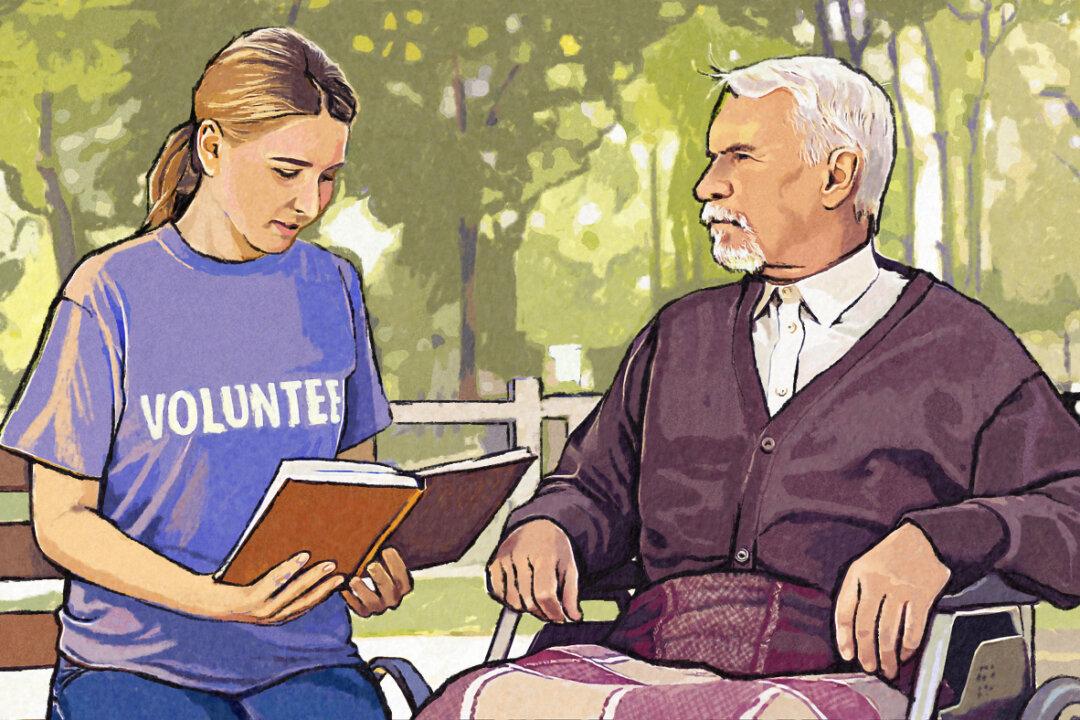Nate, a bright, articulate 20-year-old I recently interviewed, surprised me with this observation, which I’ve paraphrased here: “When I was in high school, I was bored and played a lot of video games, and I tried to think of ways I could make a lot of money and have a comfortable life.
“But one day, I realized that comfort wasn’t what I wanted. I wanted a hard life that would challenge me.”






